
Green Party in Luxembourg — Déi Gréng (DG)
In this article, we delve into the multifaceted aspects of The Greens, exploring their structure, representativeness, and the dedicated leaders and influential members who have propelled the party to prominence.
Founded on Luxembourg's National Day in 1983, The Greens became a response to the demand for environmental change and initiatives that address the most pressing problems of modern society. They hold nine seats in the Chamber of Deputies and one seat in the European Parliament. Among the party's notable figures is François Bausch, who is currently a Second Deputy Prime Minister.
The Greens Party at a glance
The Greens (déi gréng in Luxembourgish) stand as a prominent ecological political party in Luxembourg, playing a significant role in the country's political landscape. Their inception on June 23, 1983, under the banner of Green Alternative Party (GAP), marked a pivotal moment in Luxembourg's political history, introducing environmentalistic approach as a base of new political direction for the country.
The Greens Party has progressively gained representation in the Chamber of Deputies, it is now the fifth-largest party in the Chamber of Deputies, holding 4 out of the 60 seats after the 2023 legislative elections.
In a watershed moment in November 2013, The Greens achieved a milestone by joining a coalition government for the first time. Since then, they have been integral members of the Bettel II Government, alongside the Luxembourg Socialist Workers' Party (LSAP) and the Democratic Party (DP).
Political Guide

Structure and representativeness
The Greens Luxembourg’s Party boasts a membership of approximately 1050 individuals, positioning it as the fifth-largest political party in the country in terms of member count. At the helm of the party's leadership are Djuna Bernard and Meris Šehović, serving as co-presidents.
The inner life of a party
Central to the party's decision-making process is the biennial Congress, which serves as the supreme governing body of The Greens. Comprising all party members, the Congress plays a pivotal role in defining the party's political strategies and overarching goals. During their meetings, key party positions are elected, ensuring a democratic representation of the membership.







Electoral system divides the country into four constituencies. The number of seats allocated to each constituency is proportional to its population
People and influence in the party
Key personnel profiles
The Greens Party in Luxembourg boasts a diverse array of individuals holding key positions within the party, contributing to its vibrant political landscape.
Leaders of the party



Other key members of the party

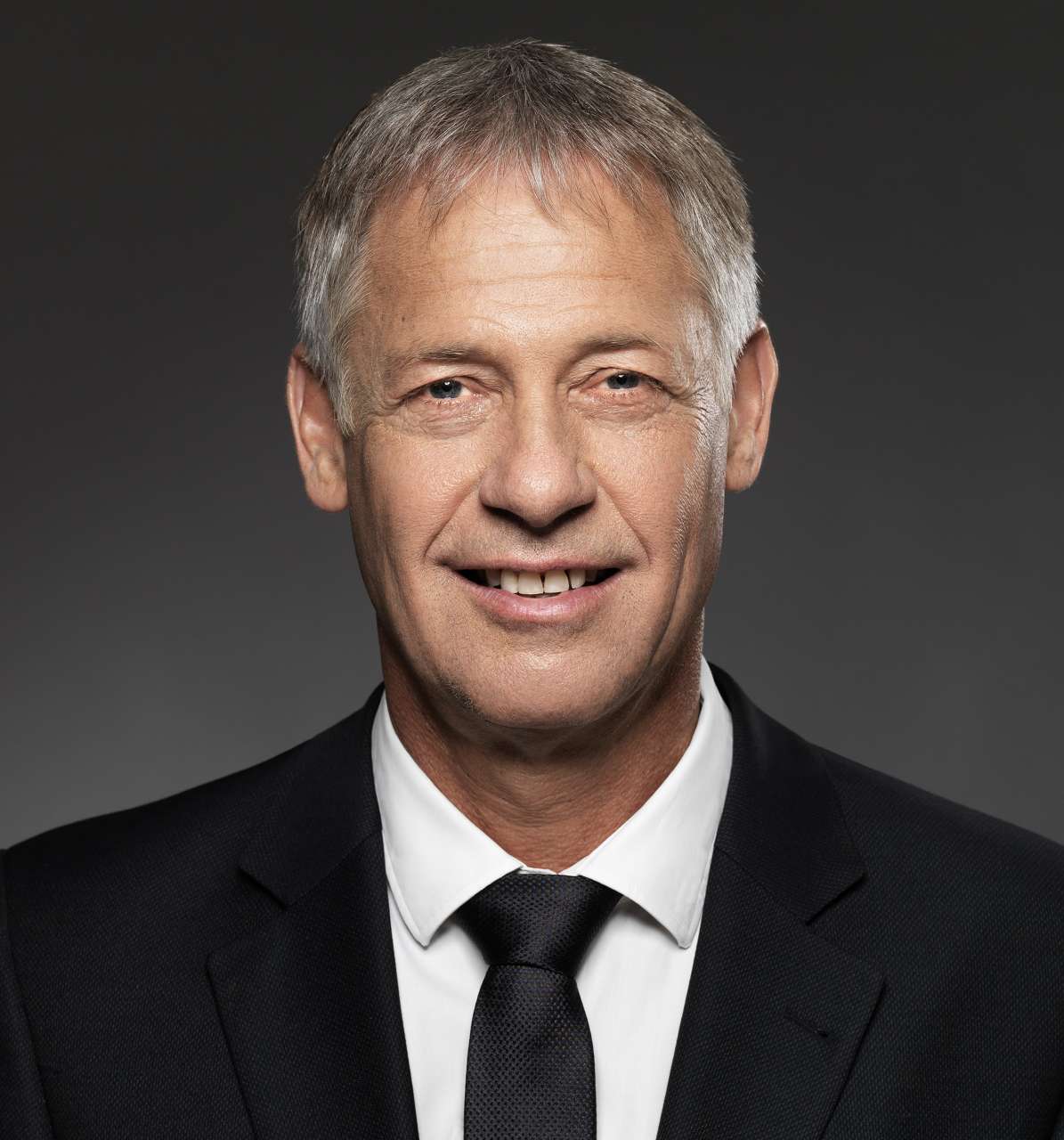

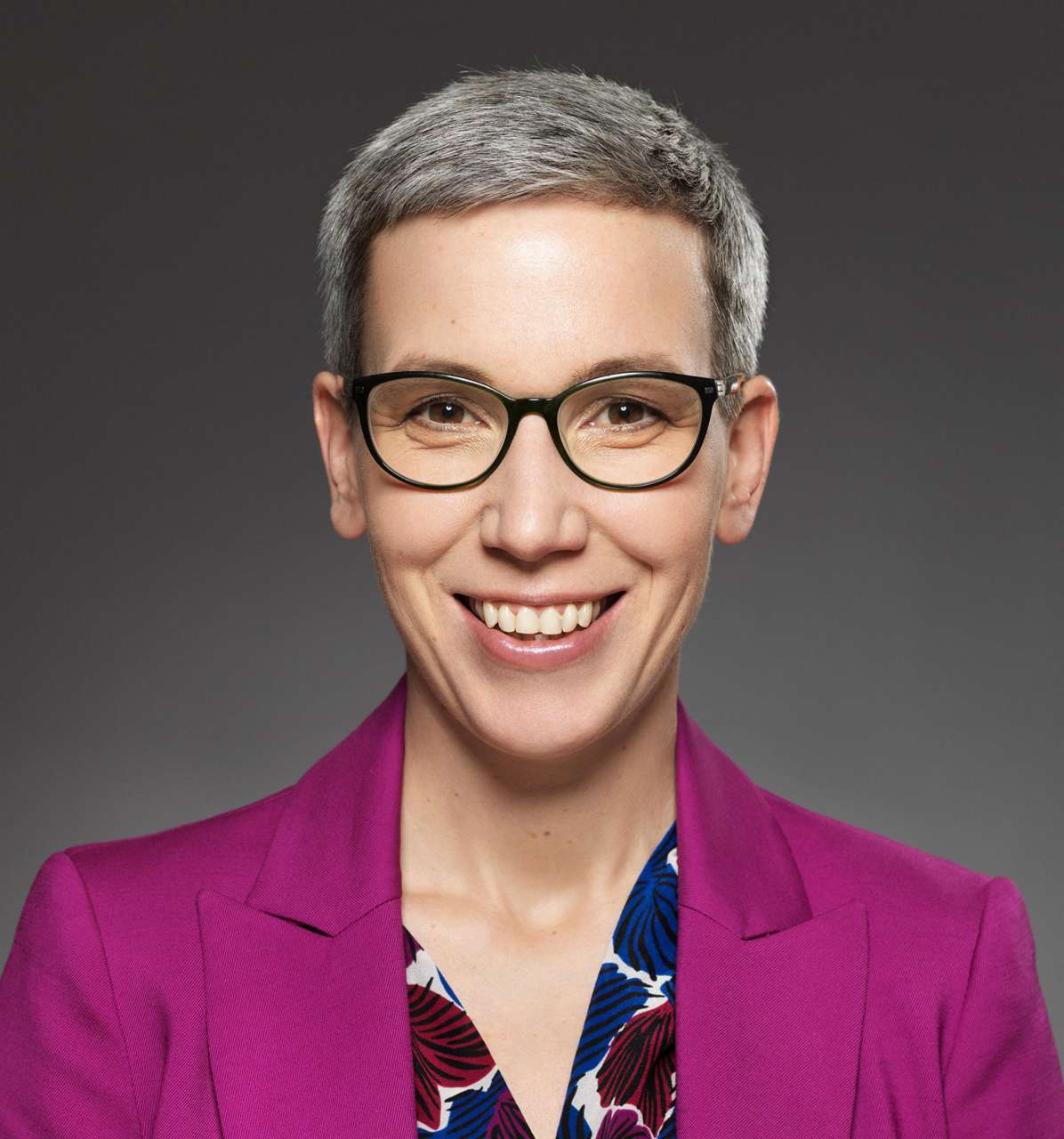
The Greens Party has progressively gained representation in the Chamber of Deputies. It is now the fifth-largest party in the Chamber of Deputies, holding 4 out of the 60 seats after the 2023 legislative elections. The elections have brought bad results, with Greens losing 5 seats.
In the 2019 European elections, The Greens secured one out of six seats in the European Parliament, which is currently held by Tilly Metz, representing the party's interests at the European level. In European elections in 2024, they have also secured 1 seat.
These seats are divided among member countries based on their population size.
The Greens’ current political stance
The Greens Party, firmly positioned in the center-left of the political spectrum, champions society's responsibility in fostering sustainable development. They are committed to a coalition with the LSAP and DP, reflecting their dedication to cooperative governance.
The party and its cornerstones
The Greens advocate for an all-encompassing ecological approach that guarantees equal rights for all, combats poverty, discrimination, and oppression and transforms social emancipation into a reality.
Party views visualization
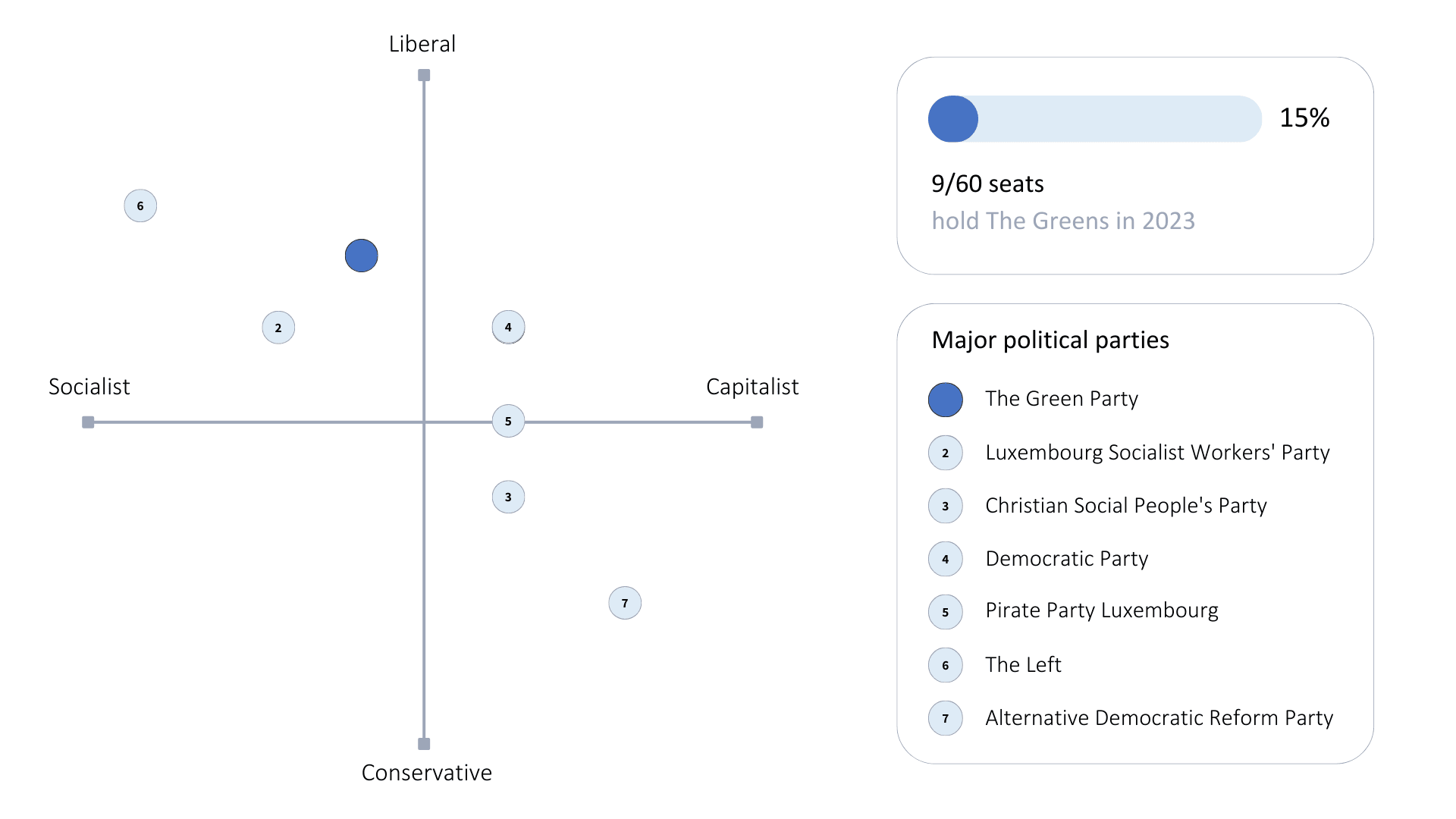
These principles aim to address various social domains, emphasizing that progress can only be achieved when values such as ecology, human rights, solidarity, democracy, social justice, economic ecological policies, gender equality, and immigrant participatory rights are respected and promoted.
Political program
The Greens Party's comprehensive political program is underpinned by an ambitious vision, as articulated by co-president Meris Sehovic, who describes it as a "bold project with socially viable solutions." At its core, their program revolves around climate policy, a focal point that permeates every facet of their agenda.
You can see the complete program for 2023 elections on The Greens website; but for your convenience, we provide you a direct download link of the program and a condensed summary of some of their key priorities.
One of their foremost environmental goals is the establishment of a national investment fund for energy transition. They aspire to create a climate savings account linked to the fund for every newborn, a reflection of the party's commitment to mitigating climate change. Recognizing the importance of moving away from fossil fuels, The Greens advocates for social equity by offering socially disadvantaged citizens the opportunity for social leasing of electric vehicles.
In the realm of housing construction, The Greens call for the active involvement from both the state and municipalities. They aim to materialize the concept of a harmonious living environment that integrates work, housing, leisure, and mobility — a notion reminiscent of the past Integrative Transport and Land Development Concept.
The Greens envision a nation where no child lives in poverty, making it their aspiration to implement a basic security system for the youngest citizens. To enhance the family members work-life balance, they advocate for flexibility in parental leave, the expansion of it, as well as the introduction of family-friendly working hours. They want to bring the innovative work-time models, tailored to individual businesses and sectors.
In the domain of healthcare policy, the party proposes the establishment of a comprehensive healthcare master plan that extends beyond recent disputes over MRI devices, emphasizing a holistic approach to healthcare delivery.
Party representation
The Greens Party in Luxembourg stands firmly as a green political party, naturally making the sustainable development one of its central topics. They primarily represent individuals who share their values and philosophical outlook on addressing the numerous ecological and societal crises and conflicts that have recently transcended national and international borders.
Electorate demographics
The party's appeal lies in its recognition that future challenges cannot be adequately addressed through the one-dimensional policies of both capitalist and socialist ideologies, nor do they align with the solutions proposed by conservative, social-democratic, or liberal parties.
Popularity and challenges
While a significant portion of the population shares the desire for greater environmental protection and a more sustainable future, The Greens have faced challenges in convincing a broad majority of voters. This is reflected in the party's performance in recent local elections. As expressed by Josée Lorsché, a member of the Chamber of Deputies and president of the Greens in the Chamber since 2018, the current situation for The Greens can be characterized as a "difficult period," a paradox where their ideals resonate with many but have not yet translated into overwhelming electoral success.
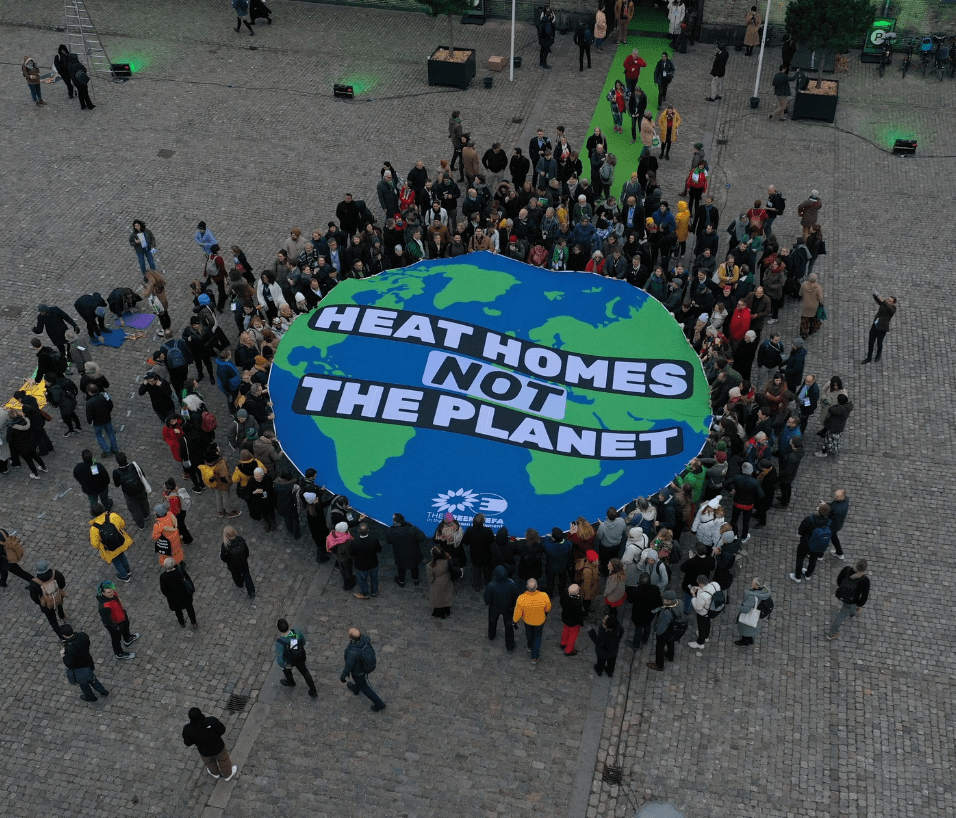
| Greens | DP | LSAP | CSV | |
| Environment | High | Middle | Low | Low |
| Electorate | Young | Young | Older | Older |
| Trade unions | Yes | No | Yes | Yes |
| Secularism | Yes | Yes | Yes | No |
The Greens party office is located in Luxembourg City
- Office location: 3 rue du Fossé, Luxembourg
- Phone number: (+352) 2 74 82 71
- Official website: walen.greng.lu
Brief history of the party
The Greens Party of Luxembourg is quite young. It was founded only in 1983, but has already earned recognition, the trust of voters and a place in the current government.
The birth of GAP and GLEI: 1983-1985

- In 1983, the Gréng Alternativ Partei (Green Alternative Party), or GAP for short, was founded on Luxembourg's national day. It emerged as part of the European movement against nuclear power and increased arms, inspired by events such as nuclear tests. The party's founding principles centered on environmental protection, solidarity, human values (especially towards developing nations), gender equality, social justice, and democracy. Some founders came from other political parties, while others joined from extreme-left factions, all seeking a stronger environmental focus.
- In 1984, GAP won two mandates in its first national election. However, just a year later, a separate group called the Gréng Lëscht Ekologesch Initiativ (Green List Ecological Initiative), GLEI for short, was formed within the party.
The split and reunification: 1989-1999
- Before the 1989 national elections, GAP and GLEI have officially splitted into two separate parties, both securing two seats in the Chamber of Deputies in Luxembourg.
- In 1994, they joined forces on a "green list," gaining five seats and becoming the fourth-largest party in the parliament. The following year, GAP and GLEI reunited under its modern Luxembourgish name – Déi Gréng.
- From 1989 to 1999, the party used a rotation principle in the Chamber, with seats occupied by different representatives throughout the legislature.
Modern times and the Democratic party: 1980s-2023
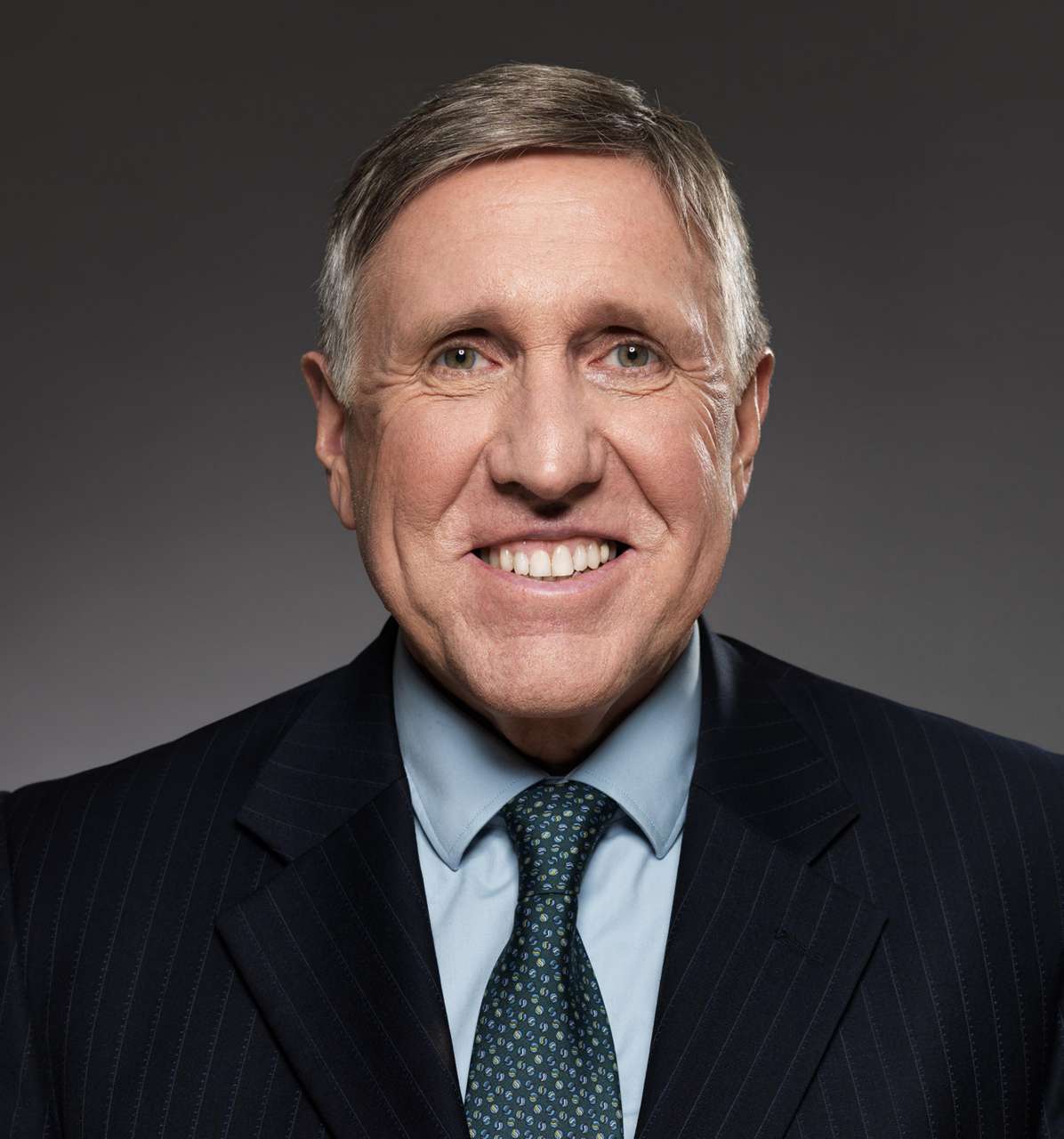
- In 1999, Déi Gréng lost some support but still retained five seats in the Chamber. They increased to seven seats during the 2004 national election.
- Although initially in opposition, the Greens were invited to coalition discussion with the CSV in 2004. In 2009, they reclaimed their seven seats and are currently the fourth-strongest party in Luxembourg, in opposition to the Juncker/Asselborn (CSV/LSAP) government.
- After the 2013 elections, The Greens formed a coalition with the Socialist Party (LSAP) and the Democratic Party (DP) to enter government for the first time in their history.
Frequently Asked Questions (FAQ)
Where does The Greens stand on the political spectrum?
The Greens Party in Luxembourg positions itself in the center-left of the political spectrum, emphasizing ecological responsibility, social justice, and sustainability as core values.
What is the current political landscape for The Greens in Luxembourg?
The Greens Party in Luxembourg ranks as the fifth-largest party in terms of membership, boasting a significant number of supporters. However, recent results in communal elections have revealed a nuanced political landscape.
Despite the global demand for environmentally friendly policies, The Greens have faced challenges in translating this enthusiasm into electoral victories. The party's performance at the polls hasn't always mirrored the growing concern for ecological issues, presenting a complex scenario in which they strive to harness the widespread desire for sustainability and environmental action into concrete electoral support.
The Green Party in Luxembourg is the fifth largest in terms of membership and has a substantial support base. Despite the global push for environmentally friendly policies, they have struggled to translate rising environmental concerns into consistent electoral victories, illustrating a complex political landscape.
What are the core principles and values of The Greens Party in Luxembourg?
The Greens Party in Luxembourg is underpinned by a set of core principles and values. These encompass environmental protection, fostering solidarity, upholding human rights, promoting gender equality, striving for social justice, and championing democracy. Their ideology revolves around sustainable development and ecological responsibility, reflecting their commitment to creating a more environmentally conscious, equitable, and socially just society in Luxembourg.
Has The Greens ever held the position of Prime Minister in Luxembourg?
Source: lb.wikipedia.org, fr.wikipedia.org, en.wikipedia.org, zpb.lu
We took photos from these sources: Déi Gréng website; Gouvernement.lu, author Yves Kortum; Déi Gréng Facebook official page; Wikimedia